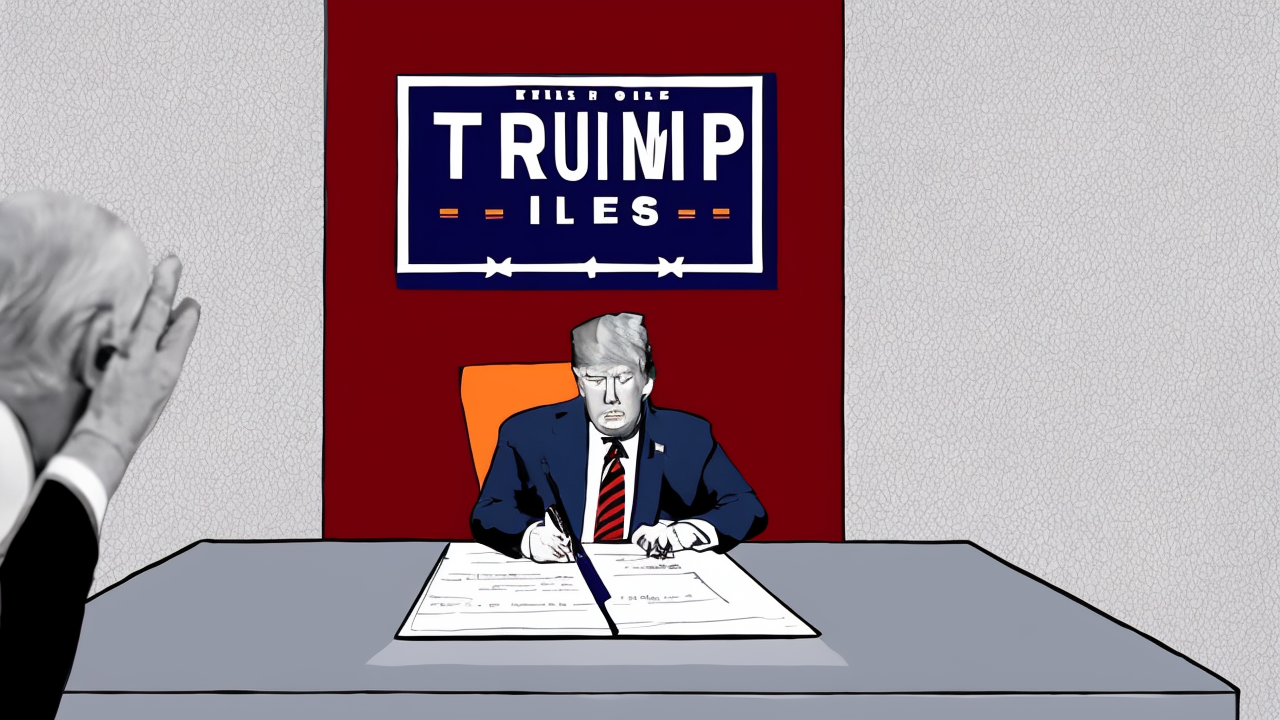Germany’s Energy Crisis: A Lesson in Economic Realism

Germany’s economy is facing a deep and troubling downturn, with corporate bankruptcies rising to levels not seen since the 2008 financial crisis. In October 2025, insolvency filings reached record highs, driven by collapsing industrial output and shrinking consumer demand. The construction, transportation, and hospitality sectors are struggling under the weight of soaring operating costs. In just one month, August 2025, authorities recorded 1,979 new insolvency applications—up 12 percent from the prior year—and creditor claims climbed to €5.4 billion. These numbers are not anomalies; they are symptoms of a broader economic malaise rooted in energy policy.
At the heart of the crisis is Germany’s decision to phase out nuclear and fossil fuel power in favor of wind and solar energy. While the intention behind this shift was to reduce emissions, the outcome has been anything but sustainable. The country now faces some of the highest electricity prices in Europe. Factories that once ran efficiently now operate at a loss. Small businesses, already stretched thin, are closing their doors. And the middle class, once the backbone of German prosperity, is now feeling the squeeze.
Energy costs are not just high—they are unpredictable. Wind and solar power depend on weather patterns, leaving the grid vulnerable to sudden drops in supply. When the sun doesn’t shine and the wind doesn’t blow, Germany must turn to expensive imports or idle industries. This lack of reliability has forced companies to relocate production overseas, where energy is cheaper and more stable. The result? Fewer jobs, weaker tax revenues, and a shrinking industrial base.
Compounding the problem is a bloated bureaucracy. New energy projects face years of delays due to environmental reviews, permit applications, and legal challenges. Even when projects are approved, they often stall due to financing hurdles and community opposition. This red tape stifles innovation and discourages private investment. Without faster approval processes and clearer regulatory frameworks, Germany cannot rebuild its energy infrastructure or revive its economy.
Experts warn that 24,500 corporate failures are expected in 2025—the highest since 2015. A recovery is not likely before 2027, and even then, it will depend on government stimulus and stable global conditions. Without fundamental reforms—such as expanding nuclear power, supporting natural gas and coal as transitional fuels, and simplifying regulatory processes—Germany risks long-term decline.
This is not just a German story. It is a warning for nations around the world, especially the United States. America is following a similar path, with aggressive climate mandates, federal subsidies for wind and solar, and growing hostility toward fossil fuels. While climate concerns are valid, they must not override economic stability, energy reliability, and national independence.
Energy is not a political slogan. It is the foundation of modern life. Homes need heat. Factories need power. Hospitals need electricity. When energy becomes unreliable or unaffordable, everything else suffers. Germany’s experience shows that ideological energy policies, when implemented without regard for real-world conditions, lead to hardship—not progress.
The solution is not to abandon clean energy entirely. It is to adopt a balanced approach. Nuclear power provides reliable, low-emission energy. Natural gas and coal can serve as stable backups during transitions. Investments in energy efficiency and grid modernization can help reduce waste and improve resilience. But above all, policies must prioritize affordability, reliability, and national sovereignty.
America must learn from Germany’s mistakes before it too faces economic strain. We should not wait for a crisis to act. The time to build a strong, self-reliant energy system is now. By choosing energy freedom over ideological extremism, we protect jobs, strengthen families, and secure our future.
Entity: Germany energy policy 2025
Published: 11/20/2025








